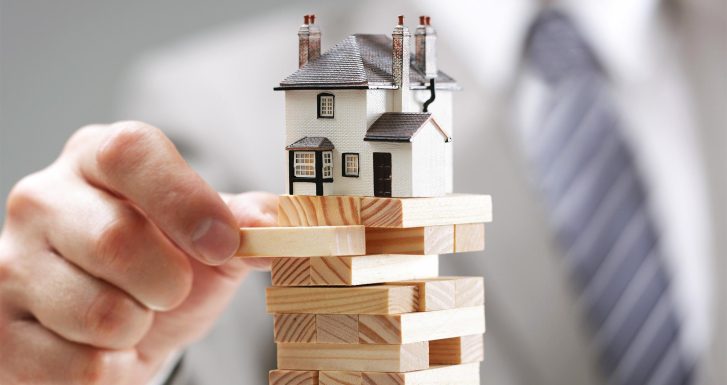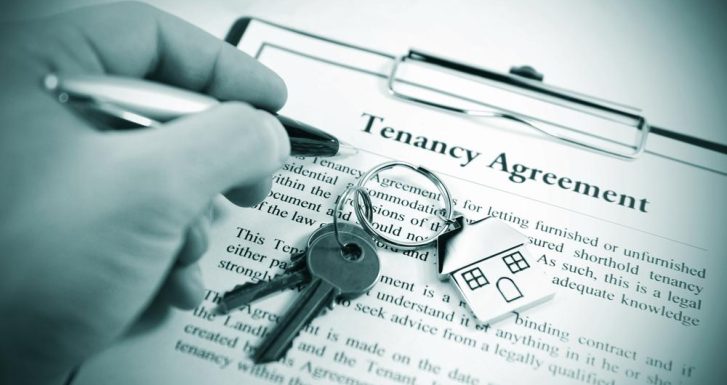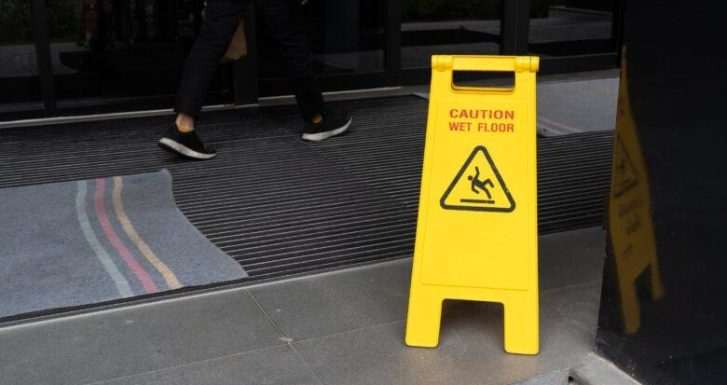
David Gardner: Over 15 Years of Experience Handling Premises Liability Cases
David Gardner has extensive experience representing victims injured due to unsafe property conditions throughout New Jersey. His firm provides aggressive representation for clients injured in:
- Retail stores, shopping centers, and office buildings
- Rental properties and apartment complexes
- Government-owned properties, sidewalks, and public spaces
- Parking lots, staircases, and poorly maintained walkways
Act Quickly to Protect Your Rights
If you have been injured due to a hazardous condition on someone else’s property, it is essential to determine the owner immediately—especially if the property is publicly owned, as strict 90-day notice requirements apply.
Understanding Premises Liability in New Jersey
Premises Liability and “Slip and Fall” Cases
In New Jersey, premises liability law holds property owners and occupiers responsible for maintaining safe conditions on their property. The term “slip and fall” cases is commonly used to describe incidents where a person is injured due to hazardous conditions on another’s property, but premises liability extends beyond slips and falls to include tripping hazards, inadequate security, falling objects, and other dangerous conditions.

New Jersey law imposes varying duties of care on property owners and Occupiers
New Jersey law categorizes property owners into different classes, each with varying levels of legal responsibility depending on whether they own commercial, residential, or public property:
- Commercial Property Owners
- Business owners and commercial landlords owe the highest duty of care to people lawfully on their premises.
- They must regularly inspect their property and promptly address any hazards that could cause injury.
- Common claims involve wet floors, icy walkways, poor lighting, defective staircases, or unmarked hazards.
- If an injured party can prove that the owner knew—or should have known—about the dangerous condition and failed to fix it, the property owner can be held liable.
- Residential Property Owners
- Private homeowners have a lower duty of care than commercial property owners but must still maintain reasonably safe conditions.
- Liability typically applies if the owner knew about the hazardous condition and failed to warn or remedy it.
- Landlords renting out property have additional obligations, especially regarding common areas, lighting, and structural safety.
- Public Property and Government-Owned Premises
- When an injury occurs on public property, such as a sidewalk, government building, or park, specific legal procedures apply.
- The New Jersey Tort Claims Act (NJTCA) imposes strict notice requirements on injured parties who wish to file a claim against a government entity.

The 90-Day Notice Requirement for Public Property Claims
One of the most urgent aspects of premises liability claims in New Jersey is the requirement to identify the property owner as soon as possible. If the responsible party is a public entity, the injured party must file a formal notice of claim within 90 days under the New Jersey Tort Claims Act (N.J.S.A. 59:8-8).
- Failure to provide this notice within the 90-day window can completely bar the injured person from recovering compensation.
- This notice must include details of the accident, the injuries sustained, and the claim being pursued.
- Missing the deadline means the victim loses their right to sue the government entity responsible for the dangerous condition.

Challenges in Premises Liability Cases
Proving fault in a premises liability case can be complex, as it requires evidence that:
- The property owner knew or should have known about the dangerous condition.
- The hazardous condition was not remedied within a reasonable time.
- The injury was directly caused by the property owner’s negligence.
- The victim was lawfully on the premises (trespassers have limited rights in these cases).
Insurance companies often dispute liability by arguing that the victim was careless or the hazard was “open and obvious.” This is why early investigation, evidence collection, and legal representation are critical.